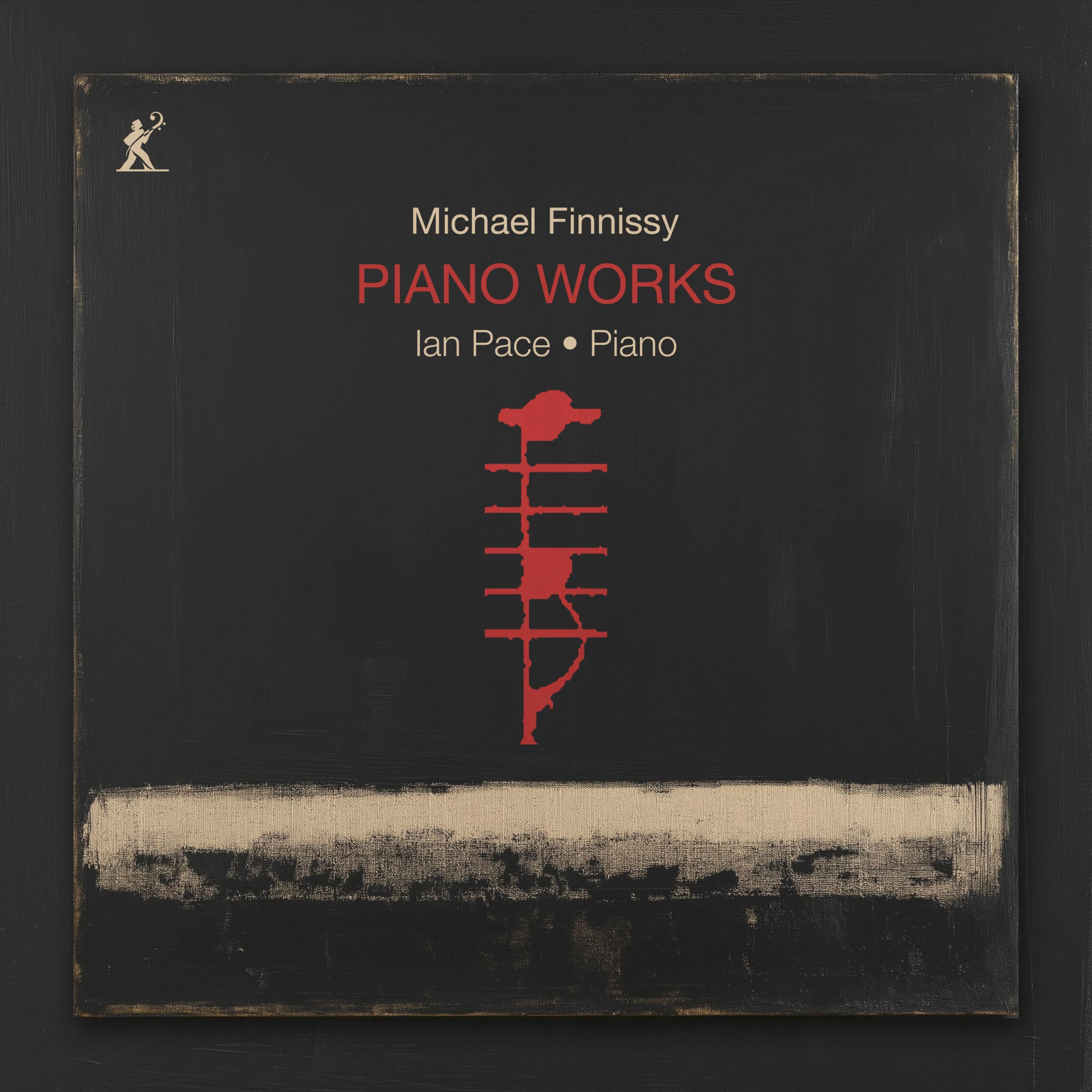The Wire
This monumental piano release features Michael Finnissy’s Verdi Transcriptions plus English Country-Tunes, and other compositions inspired by 19th century music. Soloist Ian Pace is a leading interpreter of Finnissy’s work, and has played his complete output for piano. Finnissy’s output is prolific, political and complex – he’s a leading late modernist.
Verdi Transcriptions is an epic that draws on late romanticism. The pieces encompass Verdi’s 28 operas, plus the String Quartet and Requiem. Finnissy began writing it in 1972, and characteristically mixes different types of music – tonal, atonal, pentatonic – and different genres or historical styles.
Composers from Franz Liszt to Luciano Berio have created Verdi transcriptions, but Finnissy doesn’t aim to popularise or imitate – far from it. His methods of transcription are too abstract or minimal for the results to be recognisable as Verdi. He extracts notes from a melodic line, adding two or three notes together, or isolates a figure from the accompaniment, making it a structural determinant. He fragments Verdi’s texture by octave and other transpositions, shifting registers. Although Finnissy regards such methods as familiar, they result in the luxuriant but challenging textures of the school often called new complexity.
A 19th century idiom sometimes surfaces, especially in the fifth piece in each of the four books. Here, Verdi’s original is audible, elaborated chromatically as in the transcriptions of Leopold Godowsky. And there are oases of calm, such as the Ernani and Giovanna d’Arco transcriptions. The brief Luisa Miller transcription is gorgeous. But mostly this is dissonant, often violent and acerbic music.
English Country-Tunes (1977) are also transcriptions, from folk music, and formed a critical commentary on British patriotism of the time. But there are oases of reflection here too – as in the affecting “My Bonny Boy” – and in the other pieces collected on this release, such as “William Billings”.
Here, Finnissy selected fragments from four hymns by American composer William Billings (1746-1800) to create a halting, poignant and intensely personal tribute.
@divineartrecordingsgroup
A First Inversion Company
Registered Office:
176-178 Pontefract Road, Cudworth, Barnsley S72 8BE
+44 1226 596703
Fort Worth, TX 76110
+1.682.233.4978












